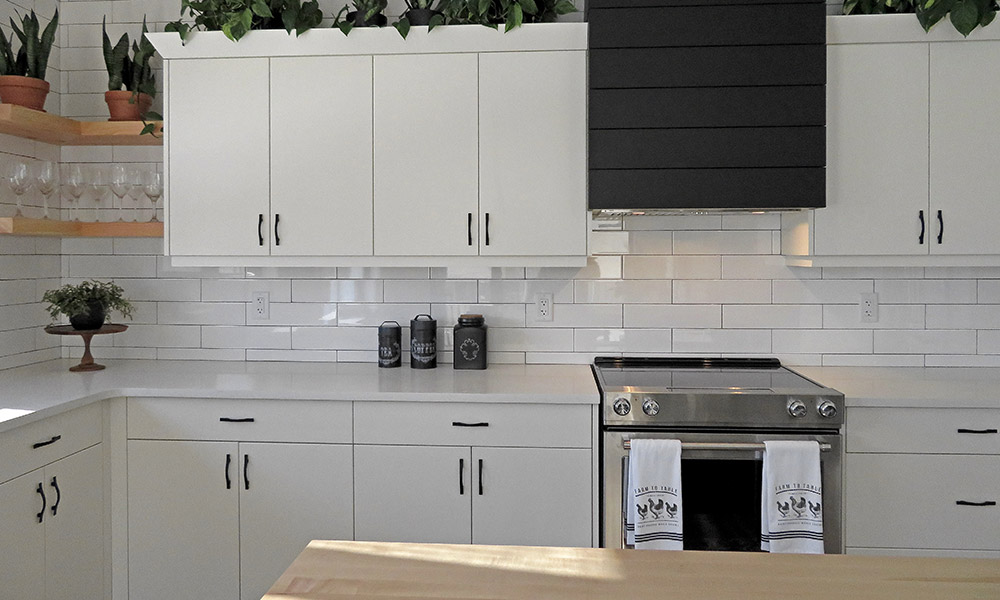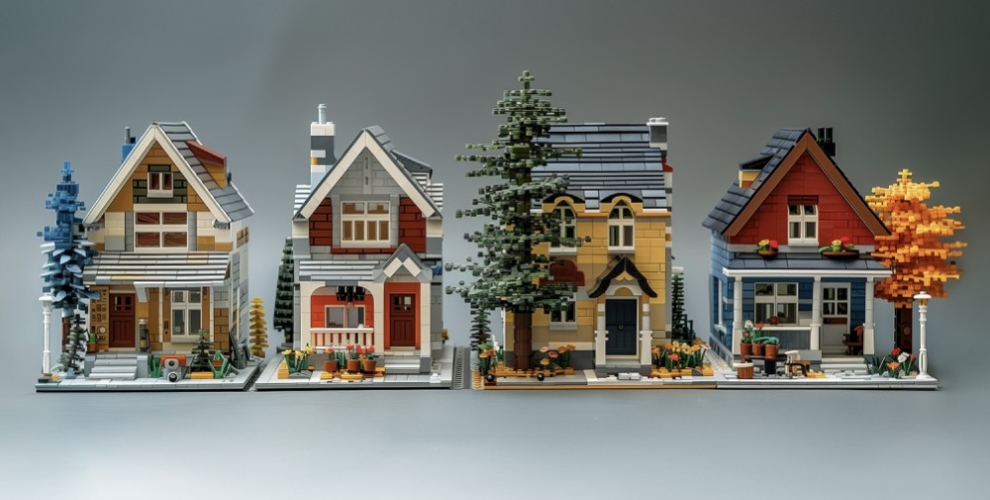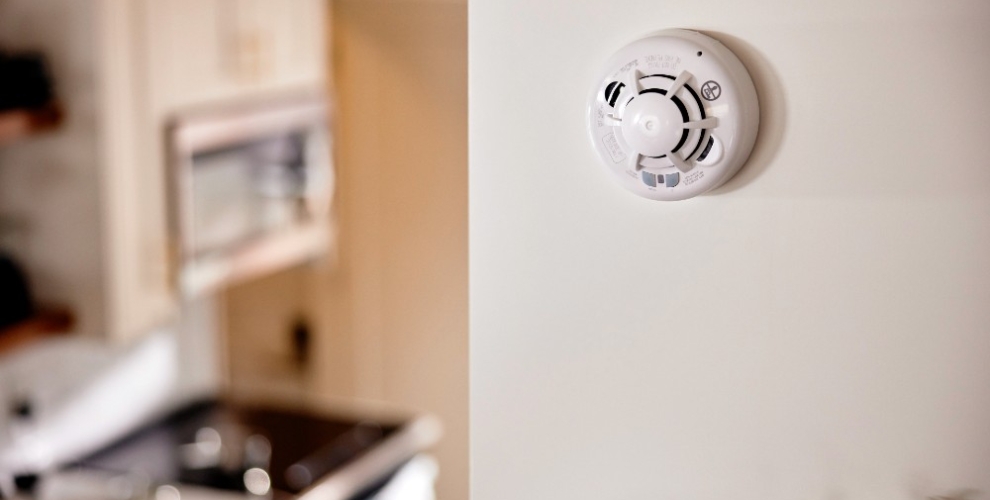Understanding fire hazards and the importance of fire safety is crucial for every homeowner. In 2021, the U.S. had more than 330,000 home fires that resulted in over 2,800 deaths, 11,000 injuries, and $8 billion in property damage. Don’t be a statistic this year; brush up on your fire safety knowledge with this guide to the hidden fire hazards lurking in your home.
In this article, we will discuss the most common causes of home fires, surefire prevention measures, and the best fire safety equipment to protect you and your family against potential fire threats. Let’s start with the most prevalent sources of home fires and how to avoid them.
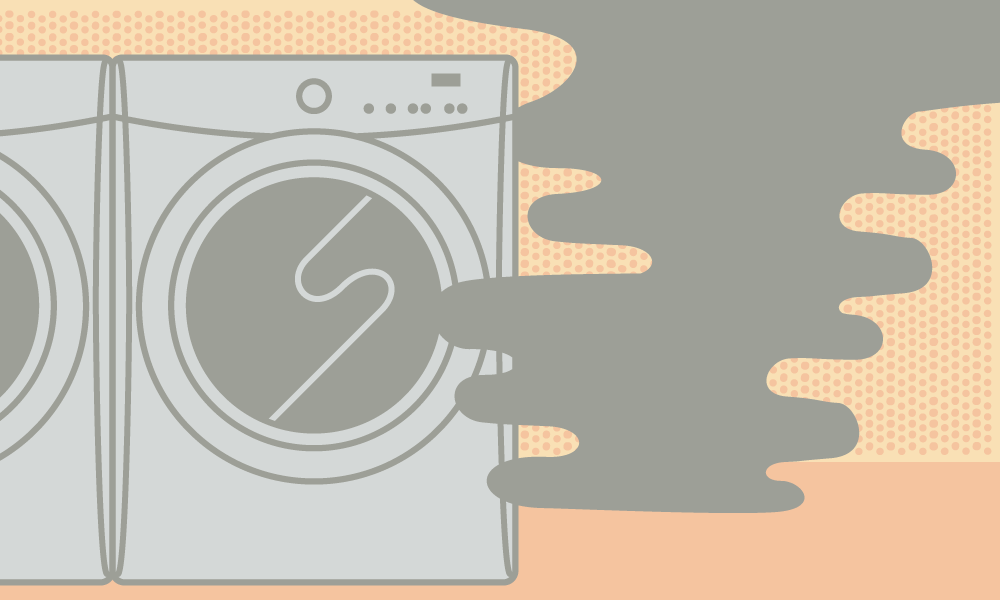
6 Common causes of home fires and how to avoid them
Spotting fire hazards in the home can make it a much safer place for you and your loved ones. Here are the top six:
1. Electrical hazards
Electrical hazards are the troublemakers behind many home fires. Here’s a rundown of typical issues and how to tackle them:
- Overloaded circuits. When too many gadgets crowd a circuit, it can overheat, melt wires, and catch fire. Avoid this by spreading your gadgets across different circuits, and only use extension cords as a last resort.
- Faulty wiring. Damaged wires can start electrical fires when they come into contact with flammable materials. Regular check-ups by a licensed electrician keep things in check; A good rule of thumb is to do this every three to five years and more often for older homes.
- Misuse of electrical appliances. You might already know that dryer lint buildup can cause a dryer fire. But would you guess that, according to the National Fire Protection Association (NFPA), fire departments respond to an average of nearly 16,000 home fires caused by clothes dryers or washing machines each year? To prevent appliance fires, always clear your dryer’s lint trap before each load, unplug small appliances like toasters from electrical outlets when you’re not using them, and replace any damaged cords.
- Outdated electrical systems. Old systems and electrical wiring struggle with today’s power demands, risking overheating or causing sparks to fly. Time for an upgrade? Call in an electrician to modernize your system and make sure it’s in working order.
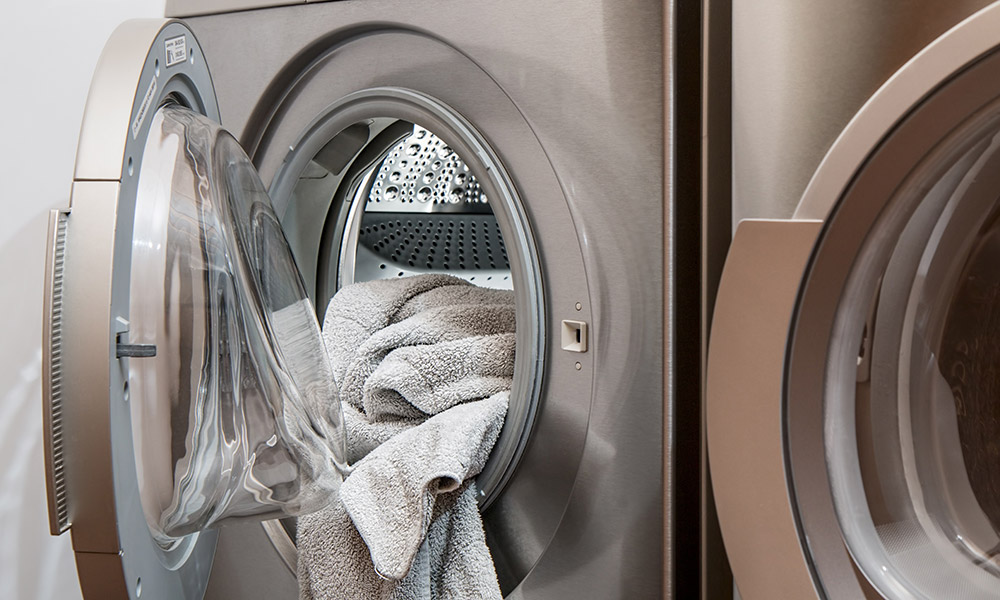
2. Cooking accidents
Cooking mishaps are the most common cause of home fires. Let’s go over the main offenders and how you can reduce your risk of a cooking fire:
- Unattended cooking. A bubbling pot left unattended can quickly become a fire hazard. Always stay in the kitchen while cooking, especially when using a stovetop. Use timers and alarms as reminders to check on your cooking to prevent potential kitchen fires.
- Grease fires. Grease fires can happen when oil gets excessively hot. Maintain controlled heat while cooking, and keep a fire extinguisher nearby just in case, as water can make a grease fire worse.
- Flammable materials near stoves. A stray kitchen towel near a stovetop burner can ignite a fire. Clear the area around the stove before cooking to avoid fire risks.
- Improper use of cooking appliances. Misusing appliances can cause overheating or sparks, leading to fires. Always stick to the manufacturer’s guidelines whether you’re using an indoor stove or an outdoor barbecue.
